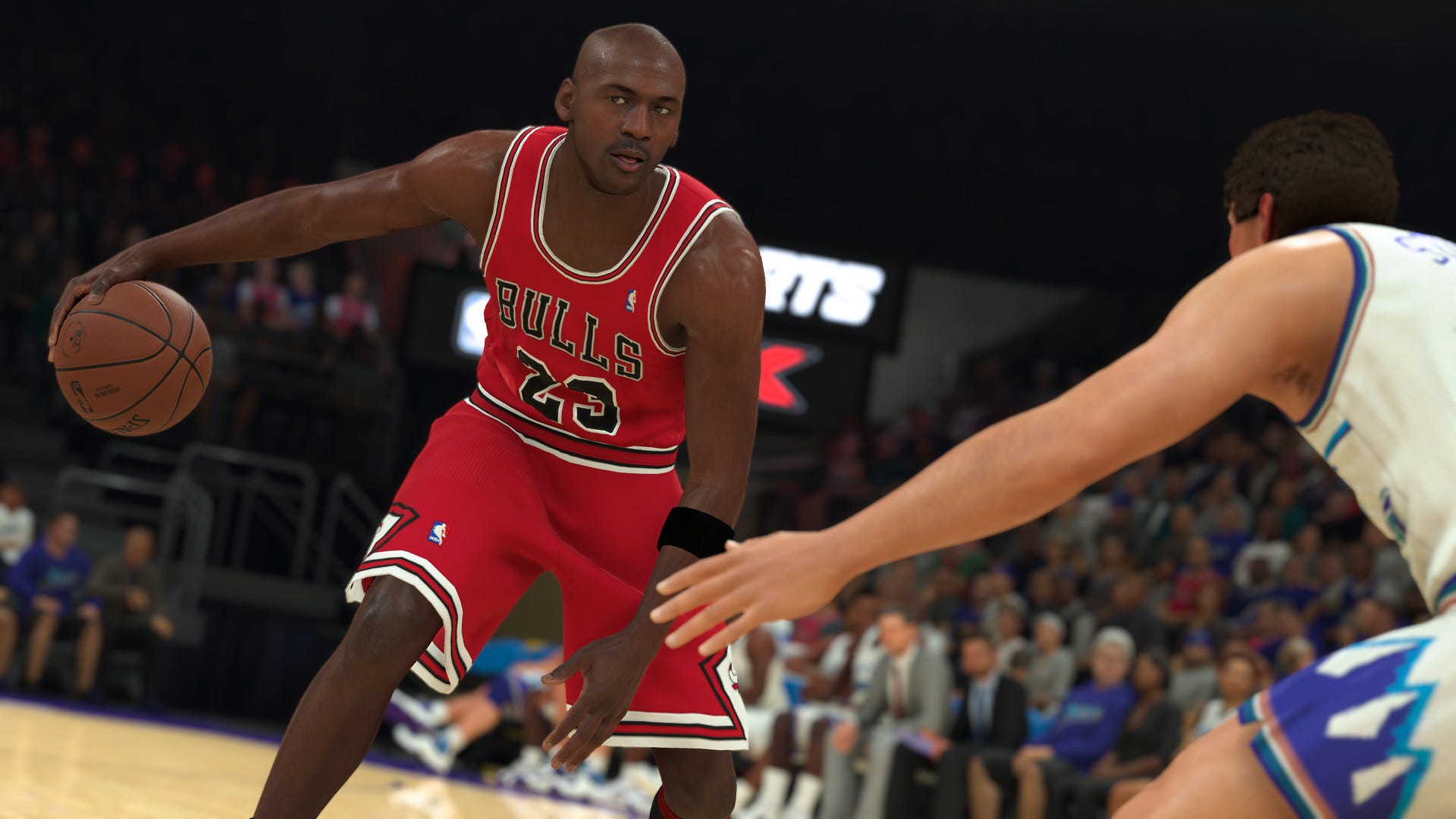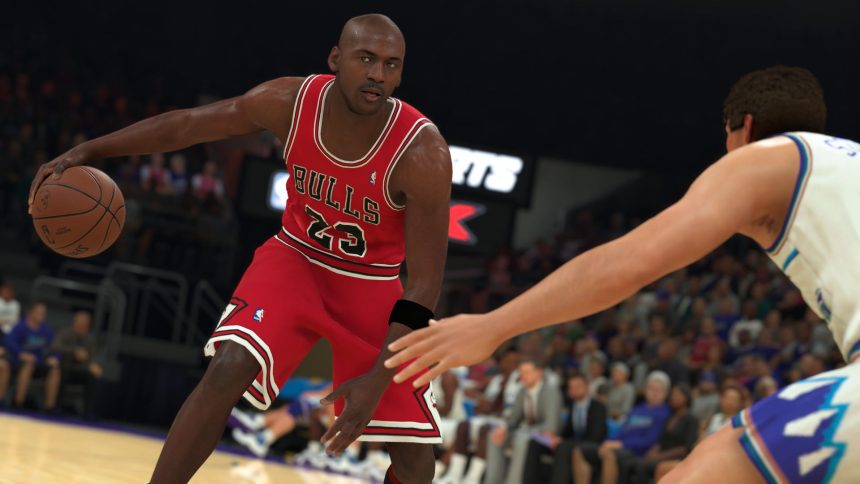Take-Two Interactive, a prominent video game company, has launched a robust defense in response to allegations surrounding the nature of virtual currencies in its games, deeming them as “fictions” in its bid to dismiss a lawsuit.
In a motion filed on February 2, 2024, Take-Two vehemently rebutted claims of unlawful business practices linked to virtual currencies, particularly their purported non-transferability or non-refundability upon game server shutdowns. As per GameFile’s report, the company contended that players do not inherently own virtual currency within their games.
“VC is not plaintiff’s property,” asserted Take-Two’s legal representative. “Instead, in-game VC are fictions created by game publishers, subject to the publishers’ terms of service and user agreements.”

The legal defense further emphasized that the plaintiff’s assertions of property ownership over virtual currency and demands for refunds or transfers lacked substantiation, characterizing them as speculative and unfounded.
Furthermore, the defense highlighted Take-Two’s license agreement, which grants the company broad authority to regulate and modify its virtual currency according to its discretion, barring any legal prohibitions.
The agreement explicitly states, “All purchases of [virtual currency] and [virtual goods] are final, and under no circumstances will such purchases be refundable, transferable, or exchangeable.”
A hearing regarding the motion to dismiss is slated for March 14, 2024.
The lawsuit, initiated in November against 2K Games and its parent company Take-Two Interactive, alleges theft and unlawful business practices across various game titles, including NBA 2K, WWE 2K, and PGA Tour 2K.
Represented by a minor’s parent, the plaintiff contends that virtual currency should be subject to refund or transfer upon game sunset, seeking both non-monetary and monetary redress for in-game currency removed from a 2K Games account since November 17, 2019.
In its most recent quarterly financial report in November, Take-Two disclosed net bookings of $1.44 billion, with a substantial portion—75%—stemming from recurrent consumer spending, encompassing virtual currency, add-on content, in-game purchases, and in-game advertising.







